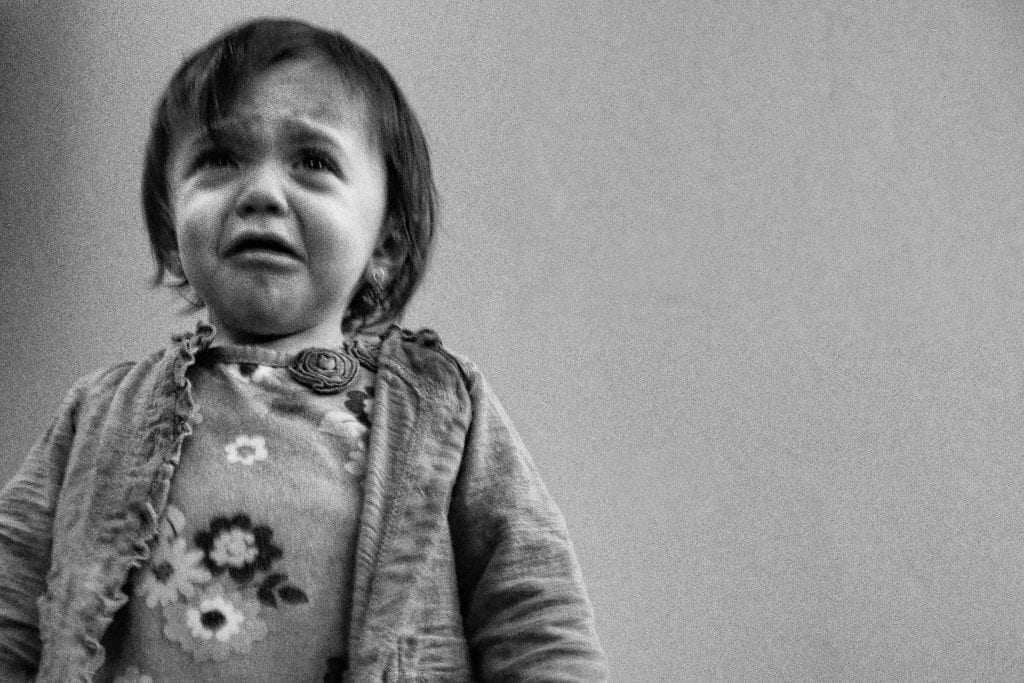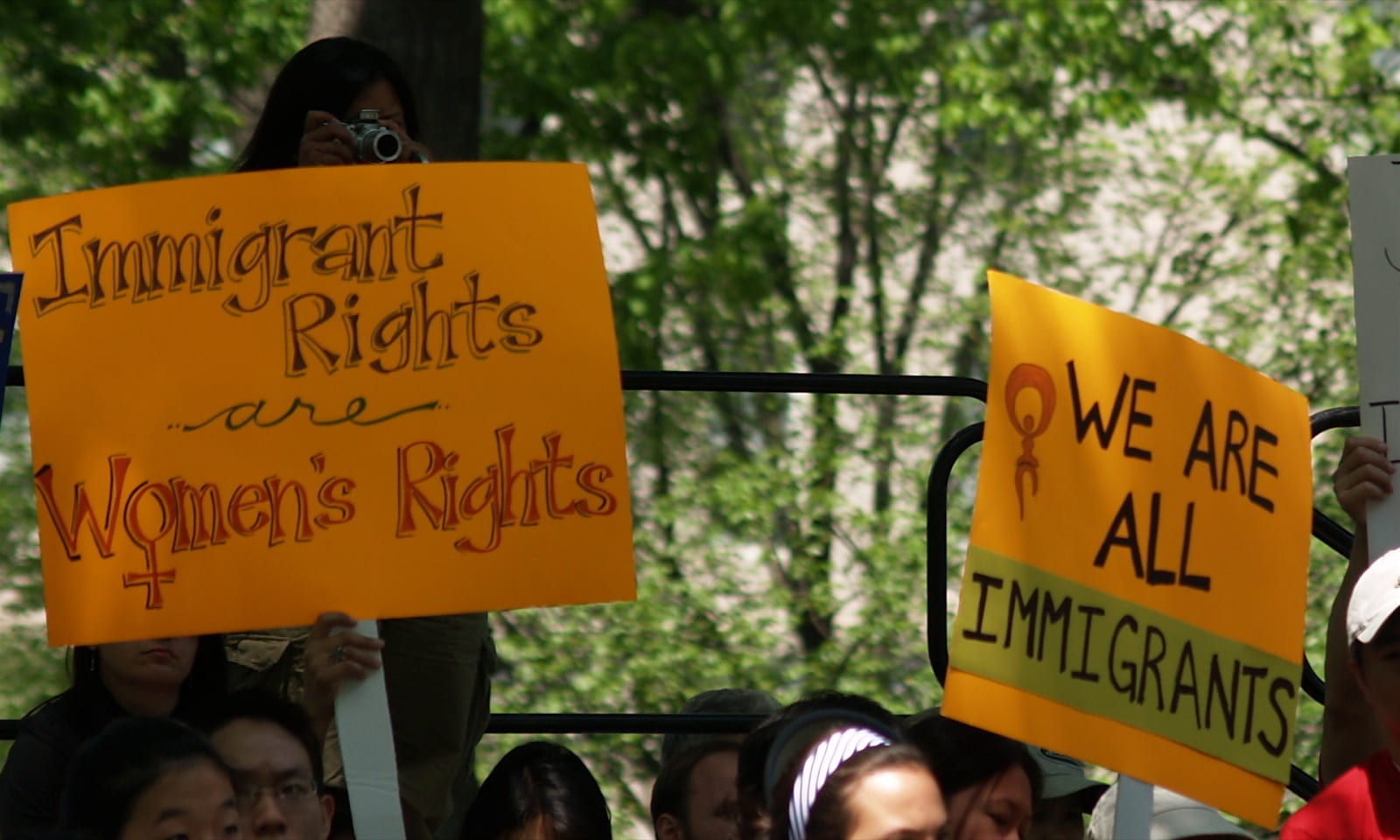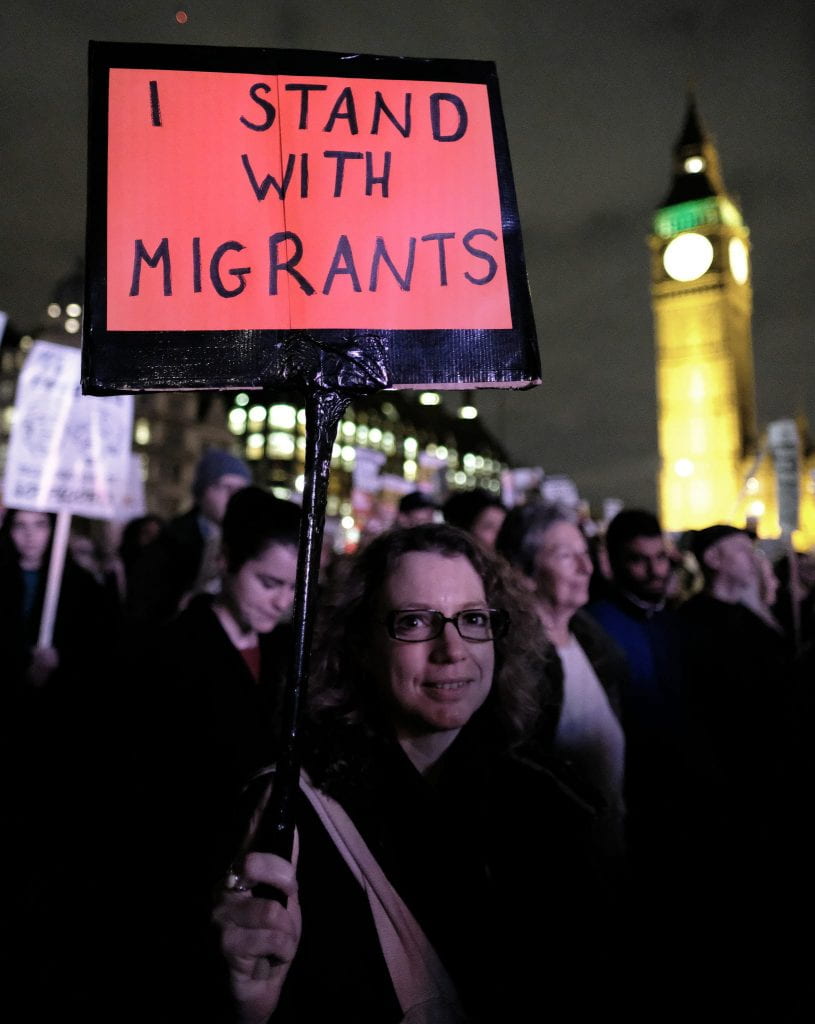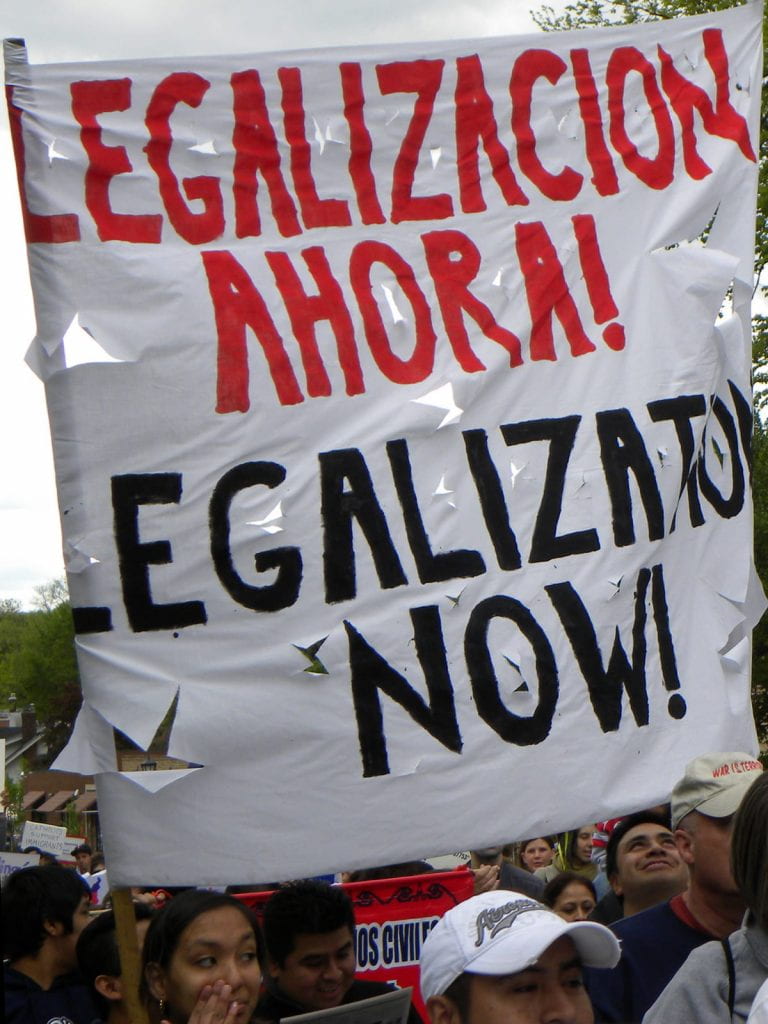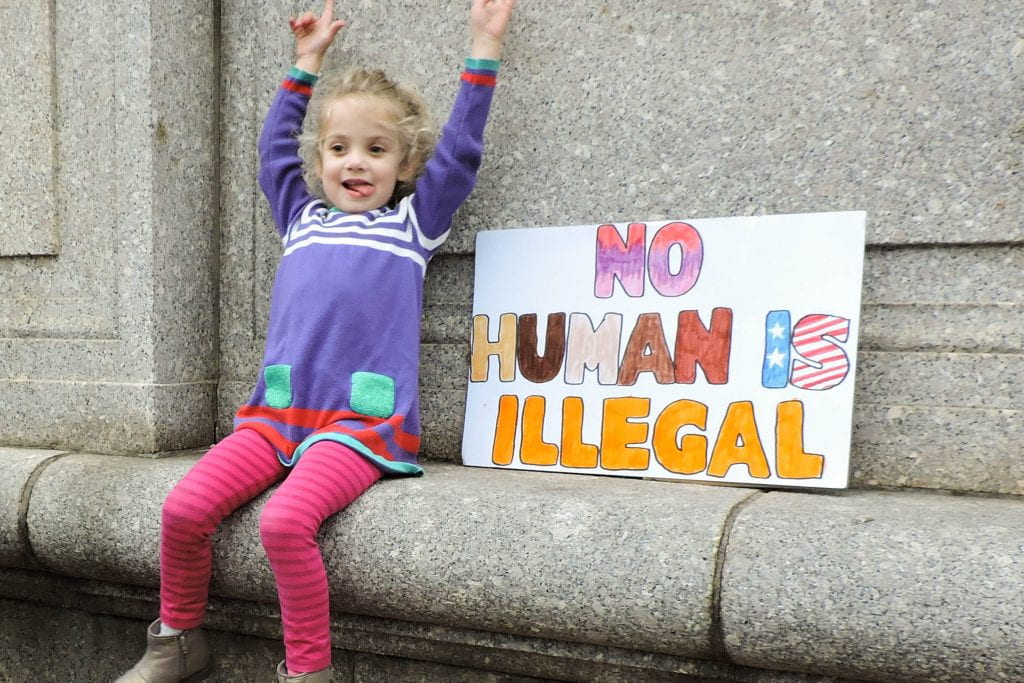On Monday, November 12, the Institute for Human Rights co-sponsored an event with local education, faith-based, and law organizations at Birmingham-Southern College (BSC), titled Addressing the Global Refugee Crisis – Part 2: Focus on the United States. The panel discussion, moderated by Anne Ledvina ( Associate Director at BSC – Ellie and Herb Sklenar Center for International Programs), included Yanira Arias (Campaign Manager at Alianza Americas), April Jackson-McLennan (Attorney at The Law Office of John Charles Bell, L.L.C.), Sarai Portillo (Executive Director at Alabama Coalition for Immigrant Justice), Roshell Rosales (Member at Adelante Alabama Worker Center), and Jessica Vosburgh (Executive Director at Adelante Alabama Worker Center), addressing the Central American migrant caravan, definitions of immigration law, and Alabama’s role in the current refugee crisis.
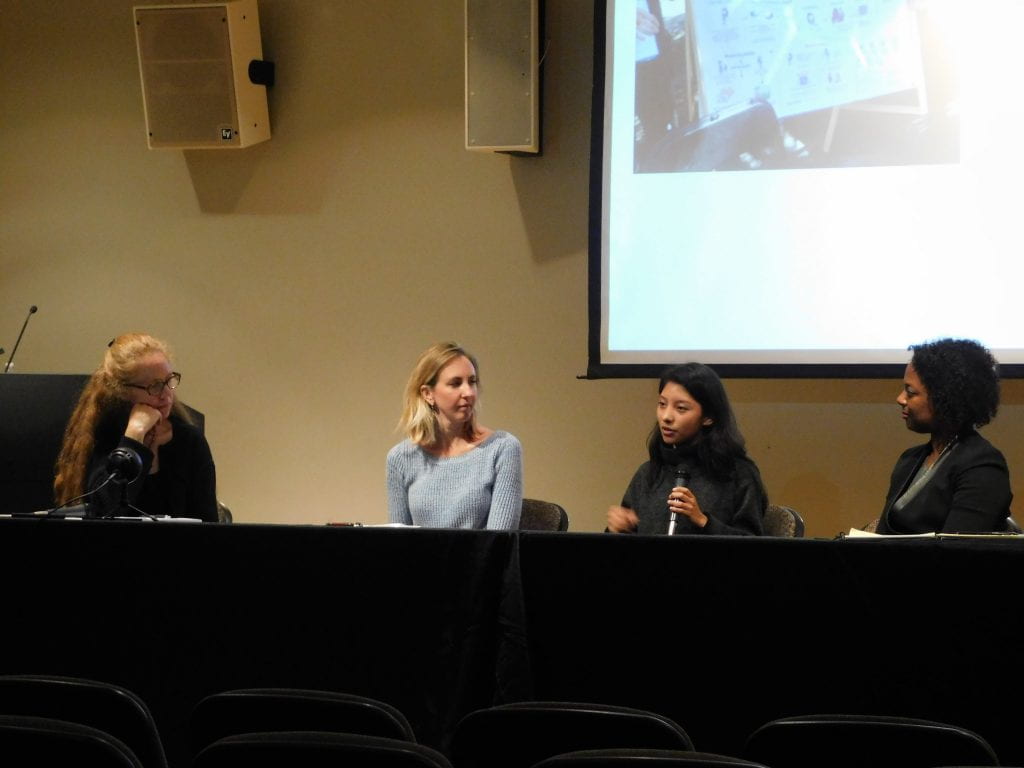
Arias and Portillo first addressed the audience by speaking about the recent events in Mexico City where many Central American caravan refugees were staying in a stadium serving as a makeshift camp. Here, many tenants camped on the field or slept on the bleachers, received medical attention and waited in line for basic resources, such as water, that had limited availability. Not only does Portillo assist migrants in her birthplace of Mexico but heads the Alabama Coalition for Immigrant Justice (ACIJ), a grassroots network of six non-profit organizations and various individuals dedicated to protecting and advancing immigrant rights by developing leadership, aligning with other justice causes, encouraging civil participation, and advocating for just policies. Arias’ organization, Alianza Americas, which is a national network serving Latino communities, is currently facilitating donations for Central American caravan refugees through the Refuge for Families Campaign.
Vosburgh then initiated discussion around the narrow qualifications for refugee status and mentioned the disproportionate effects of being an LGBTQ refugee such as allocation to immigration facilities based on birth-assigned gender and sexual exploitation. Additionally, Vosburgh insisted the United States plays a unique role in creating refugees, namely through the war on drugs and neoliberal economic policies which perpetuate destabilization in the Global South. Vosburgh heads Adelante Alabama Worker Center, a Hoover-based organization dedicated to uniting low-wage and immigrant workers as well as their families for defending and promoting human, namely labor, rights in vulnerable communities. Adelante offers a myriad of programs, including the Accompaniment Program, which matches volunteers with community members to assist with transportation to court hearings as well as probation appointments, as well as English classes and legal representation. Additionally, Roshell Rosales, an Adelante member and Montevallo University sophomore, spoke about her experiences as a Dreamer, including scrutiny from law enforcement and the opportunity to earn a scholarship through The Hispanic Interest Coalition of Alabama (¡HICA!).
Jackson-McLennan elaborated on the services provided by The Law Office of John Charles Bell, L.L.C., particularly their focus on affirmative asylum (obtaining asylum) and defensive asylum (defense against removal from U.S.) cases. Their services are salient to the region because not only is Alabama void of an immigration clinic, which often provide affordable legal services, but the political climate of the state often serves as a disadvantage to immigrants, speaking to the importance of their work. Also, due to predatory law practices in the Birmingham area, attorneys at John Charles Bell provide their immigration legal services on a low bono basis, meaning their assistance is accessible and affordable to potential clients.
Although these organizations do fascinating work to advance the rights of immigrants in the, every additional ally to the cause could be life-changing, whether it be through employment, housing, legal, or transportation assistance. Furthermore, our current political climate carries vestiges of anti-immigration efforts from the 20th Century when individuals and families, namely from the Jewish community, left their homes to escape conflict and faced persecution. As a result, more than 1,000 Central American refugees are at the U.S.-Mexico border in Tijuana, facing law enforcement with tear gas, pleading for a chance at a better life. Such a crisis speaks to our moral compass, not only as a country but global community, whose Universal Declaration of Human Rights, via the United Nations, demonstrates that everyone has the freedom of movement within each state (Article 13) and a right to a standard of living adequate for their health and well-being (Article 25).
If you’re interested in participating in the advancement of immigrant rights, both locally and globally, please mark your calendar for March 4, 2019 for the third installment of this series which will be held at Samford University and focus on a community action plan. Please stay tuned for more details.

